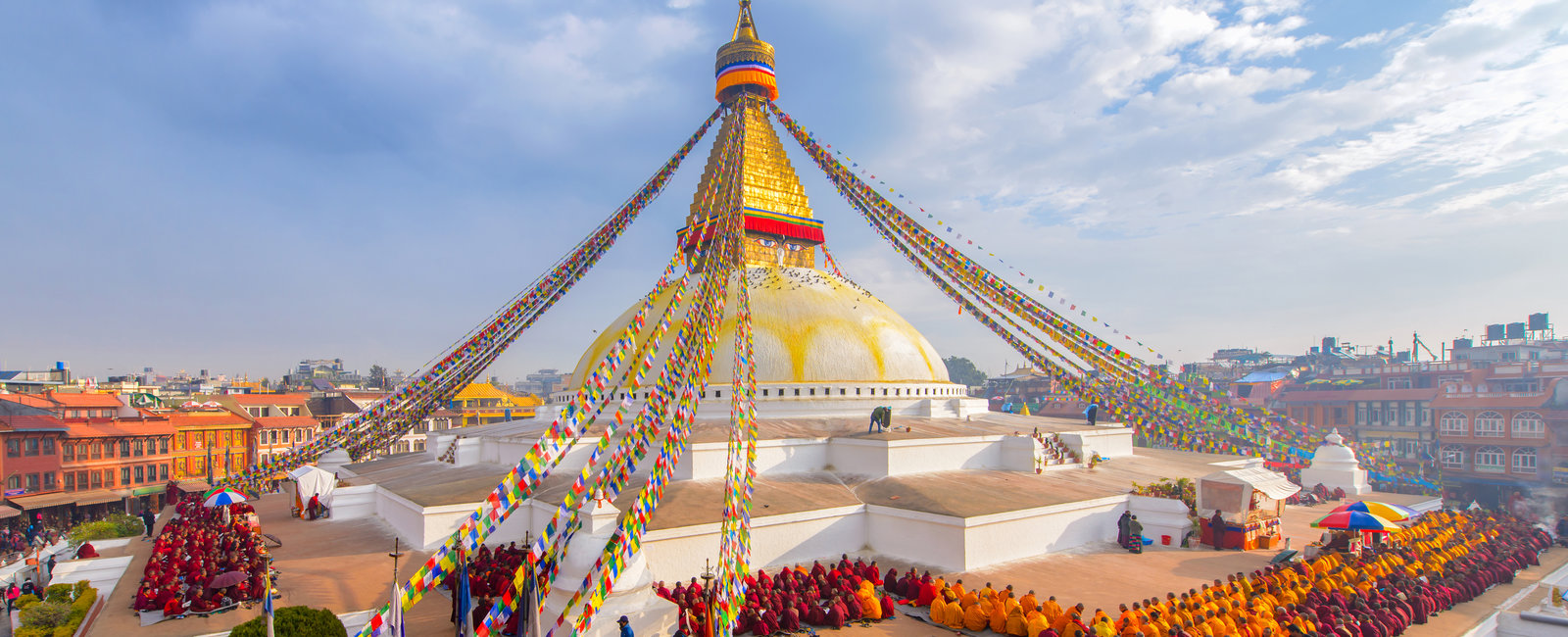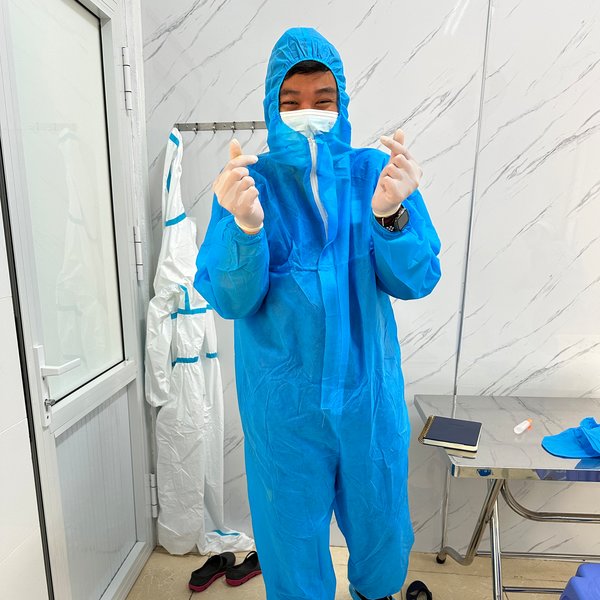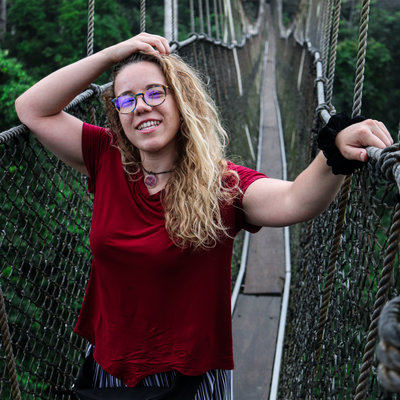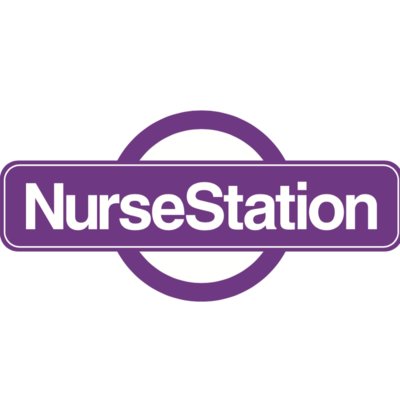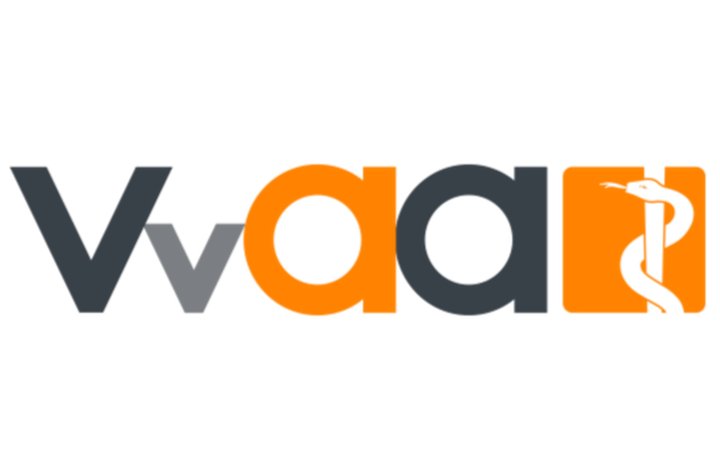Monash University 2024
I undertook a healthcare placement in Nepal during the fourth year of my pharmacy course. Knowing that I would have no chance to travel in my fifth year, I was determined to go somewhere at every chance.
 A quarter of the way through 2024, I was inspired to do an overseas placement to put myself out of my comfort zone and broaden my understanding of the problems facing people outside of my country. The Work The World placement presented itself perfectly in that it allowed my passion for pharmacy and travel to be recognised in one complete trip.
A quarter of the way through 2024, I was inspired to do an overseas placement to put myself out of my comfort zone and broaden my understanding of the problems facing people outside of my country. The Work The World placement presented itself perfectly in that it allowed my passion for pharmacy and travel to be recognised in one complete trip.
I booked only six weeks before my departure, so I was classified as a last-minute booking. The team was excellent in organising my placement so quickly, and it helped that they communicated with me regularly right up until my departure.
Living in the Work the World Kathmandu house was comfortable because there was plenty of space for students to socialise and decompress after a day on placement.
The bedrooms and bathrooms were simple but adequate. Having travelled during the hot summer month of June, sleeping initially was difficult, but I got used to the heat after a few days. The best part of the house was the breakfast and dinner provided. There was always something different at each meal, and the cooks were very happy to accommodate any particular dietary requirements or grocery requests.
For my two-week pharmacy placement, I was sent to a different hospital than everyone else. This was initially daunting because I had no other student to commute with and catch up with on breaks. However, I respected the team’s decision to place me there to provide a better pharmacy experience.
 The biggest challenge by far was the language barrier but the staff were very friendly and were happy to include me in whatever way possible.
The biggest challenge by far was the language barrier but the staff were very friendly and were happy to include me in whatever way possible.
In terms of pharmacy practice in Nepal, I was shocked to find out that patients can almost ask for any medication without a doctor’s note or prescription. This is in stark contrast to Australia, where most medications require a formal doctor’s prescription.
The other thing that was surprising for me was that pharmacists also controlled the supply of nursing equipment. For example, a patient needing IV medication must have a family member buy the medication and the cannula, IV line and fluid. In Australia, these would all be located on the ward and the nurses can freely access them at any time.
Outside of placement, students would catch taxis in the afternoons to visit different sights around Kathmandu or go out for dinner and, occasionally, drinks. For the two weekends, I had available I travelled to Pokhara and Nagarkot, both of which had incredible landscapes I wanted to experience.
For the Pokhara trip, we organised a day of paragliding and boating on the lake with a group of other students, which was fun.
 After the two-week hospital placement, I undertook the village healthcare experience with one other student. We stayed in a family’s home and ate their food, mainly dal bhat. During the day we visited the local health outpost and observed the types of complaints villagers would come to have resolved.
After the two-week hospital placement, I undertook the village healthcare experience with one other student. We stayed in a family’s home and ate their food, mainly dal bhat. During the day we visited the local health outpost and observed the types of complaints villagers would come to have resolved.
The Work the World guide accompanied us for the entire week. Each afternoon, we did an activity in the area, such as hiking, swimming in the river, or rice planting.
I am incredibly grateful to have undertaken this overseas placement and met so many healthcare students from other countries.
A big shout out to the Nepal in-country team, particularly the management team, who constantly checked in on me and my progress during the pharmacy placement. I encourage students reading my experience to consider contacting Work The World, as it is a once-in-a-lifetime opportunity.
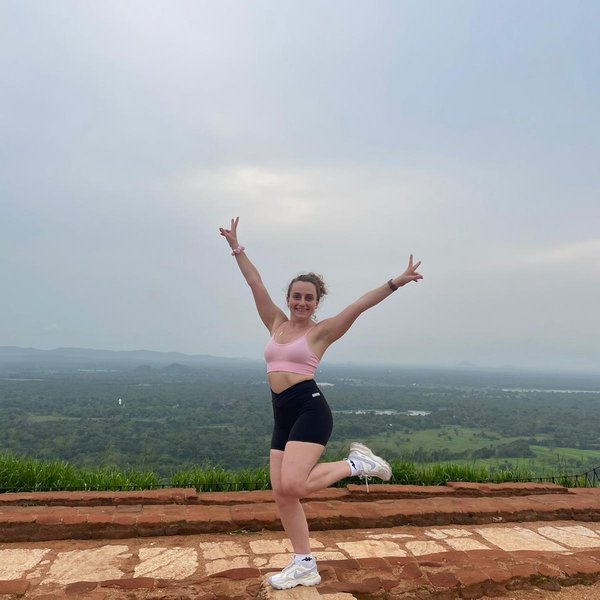
Start Your Journey
Want to go on your own once-in-a-lifetime adventure? Get started below:
Want to go on your own once-in-a-lifetime adventure? Get started below:
